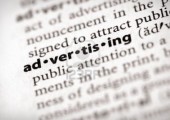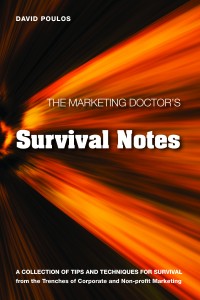One of a marketer’s biggest challenges is creating trust with a new audience. If a sector of your potential customer base has never heard of you, or you’re breaking into a new market in which you have no previous exposure or installed base, you need to create trust with that new audience immediately.
Unfortunately, some more unscrupulous marketers using techniques that one could call questionably ethical at best, have raised the trust bar for consumers, making our job more difficult. The days when you could say practically anything on TV or radio or in print, and as long as you said it often enough, people would come to believe it, are long gone. The buying public has many more sources of information available to them, and many more ways to verify the information you’re presenting, including speedier access to friends and advisers, websites with reviews, and more.
That makes it more difficult to present information in anything but an accurate light. It also means that if you do succeed in bamboozling the public with less than honest information or product claims, that fact, once revealed, will travel faster than ever before, and word will spread at a phenomenal rate about the deceptive practices.
This means that as marketers we have to dig deeper into the creativity well, work harder at crafting that real offer, work smarter at getting people’s attention, draw down on more ways to present different benefits in an appealing way to a more wary consumer. It’s not enough to just say it’s “better”, you have to explain why . . .
For successful marketers, that means a high level of speed and adaptability, a higher level of selectivity in media choices, and a better understanding of the chosen audience, both psychologically and transactionally. And, now more than ever, reputation is your most valuable asset.
Advertisers go to great lengths to make their offers sound as appealing as possible, to show their products in their most flattering light – and sometimes they go too far. If you hear a claim regarding a product or company that sounds too good to be true, it’s still a good bet that it shouldn’t be trusted. As our once-fearless leader Ronald Reagan noted, when dealing with the unknown, “Trust . . . but verify”!
If you found this informational or inspirational, subscribe to this blog and receive more in your inbox weekly. Don’t forget to pick up your copy of “The Marketing Doctor’s Survival Notes”





